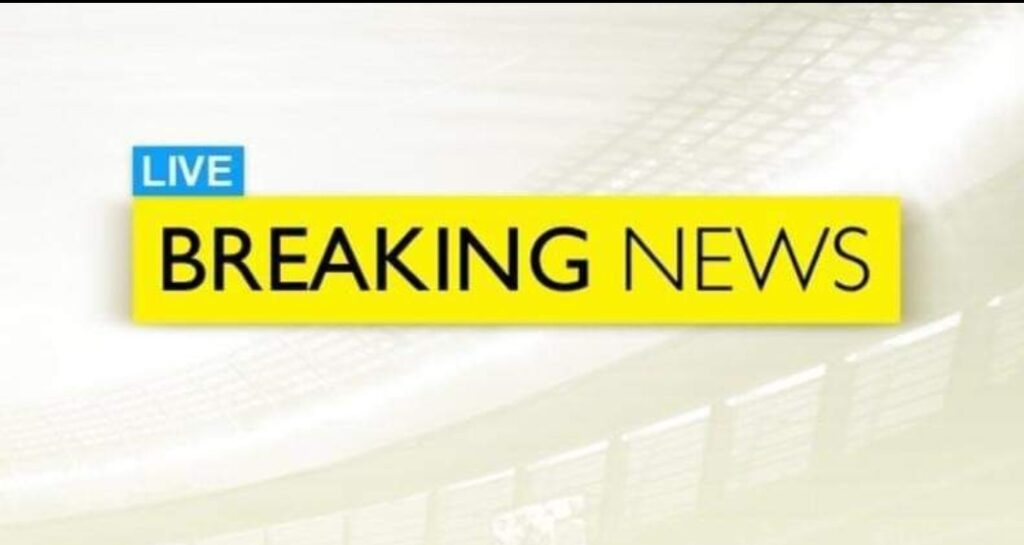Manchester United suffered a shocking 3-0 defeat at Old Trafford to Bournemouth, leaving fans and pundits reeling and sparking intense criticism of the team’s lackluster performance. The loss is being described as one of the club’s most disappointing displays of the season, raising serious concerns about their progress under manager Ruben Amorim.
Former United captain and well-known analyst Gary Neville was particularly vocal in his criticism, blaming Amorim for the humiliating outcome. Neville disclosed that he had shared strategic advice with Amorim ahead of the game, but his suggestions were dismissed. He openly expressed frustration, asserting that the manager’s decisions were largely responsible for the team’s collapse.
On the field, Bournemouth exploited United’s defensive weaknesses with clinical precision. Goals from Dominic Solanke, Philip Billing, and Ryan Christie highlighted the visitors’ sharpness and tactical organization. In contrast, United appeared sluggish, disorganized, and ill-prepared. Their lack of cohesion and tactical clarity left supporters and analysts questioning the team’s focus and preparation for such a crucial match.
The defeat has intensified scrutiny of Amorim, who was brought in to reinvigorate the club and establish a long-term vision. However, a string of underwhelming performances has raised doubts about his ability to meet the high expectations at United. Fans, growing increasingly frustrated, are now calling for immediate changes to address the deep-rooted issues affecting the team.
Amorim’s tactical approach and leadership have come under significant criticism, with many questioning whether he possesses the necessary experience and strategy to navigate the team through this challenging period. The mounting pressure is compounded by a series of vital fixtures on the horizon, where further setbacks could jeopardize both the team’s season and Amorim’s tenure.
Adding to the tension is Neville’s public condemnation of Amorim, which has amplified calls for accountability. As a respected figure with a deep connection to the club, Neville’s remarks carry significant weight and have fueled the growing discontent among supporters. The team now faces an atmosphere of division and uncertainty, further complicating Amorim’s efforts to restore unity and confidence within the squad.
The upcoming matches are likely to be pivotal for Amorim’s future at the club. Positive results could alleviate some of the pressure and rebuild trust in his leadership. However, continued struggles may force the club to consider a managerial change. The loss to Bournemouth has highlighted serious issues, including defensive vulnerabilities and a lack of creativity, signaling that the problems within the squad run deeper than previously thought.
Fans, who have shown patience thus far, are now demanding answers and action. They expect better performances from a club of United’s stature and are unwilling to accept ongoing mediocrity. It is now up to Amorim, the players, and the club’s hierarchy to take decisive steps to address these challenges and steer the team back on track.
